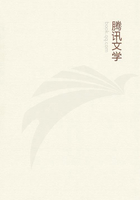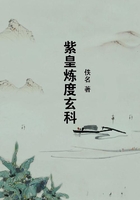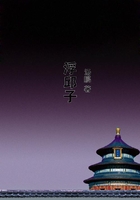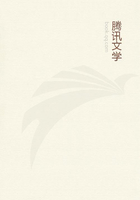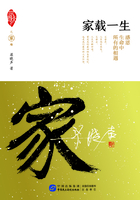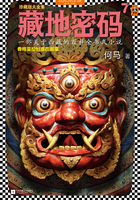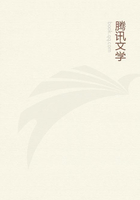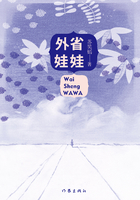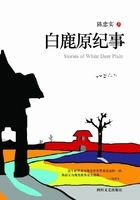BOOK II.Analytic of the Sublime.
SS 23.Transition from the faculty of estimating the beautiful to that of estimating the sublime.
The beautiful and the sublime agree on the point of pleasing on their own account.Further they agree in not presupposing either a judgement of sense or one logically determinant, but one of reflection.Hence it follows that the delight does not depend upon a sensation, as with the agreeable, nor upon a definite concept, as does the delight in the good, although it has, for all that, an indeterminate reference to concepts.Consequently the delight is connected with the mere presentation or faculty of presentation, and is thus taken to express the accord, in a given intuition, of the faculty of presentation, or the imagination, with the faculty of concepts that belongs to understanding or reason, in the sense of the former assisting the latter.Hence both kinds of judgements are singular, and yet such as profess to be universally valid in respect of every subject, despite the fact that their claims are directed merely to the feeling of pleasure and not to any knowledge of the object.
There are, however, also important and striking differences between the two.The beautiful in nature is a question of the form of object, and this consists in limitation, whereas the sublime is to be found in an object even devoid of form, so far as it immediately involves, or else by its presence provokes a representation of limitlessness, yet with a superadded thought of its totality.
Accordingly, the beautiful seems to be regarded as a presentation of an indeterminate concept of understanding, the sublime as a presentation of an indeterminate concept of reason.Hence the delight is in the former case coupled with the representation of quality, but in this case with that of quantity.Moreover, the former delight is very different from the latter in kind.For the beautiful is directly attended with a feeling of the furtherance of life, and is thus compatible with charms and a playful imagination.On the other hand, the feeling of the sublime is a pleasure that only arises indirectly, being brought about by the feeling of a momentary check to the vital forces followed at once by a discharge all the more powerful, and so it is an emotion that seems to be no sport, but dead earnest in the affairs of the imagination.Hence charms are repugnant to it; and, since the mind is not simply attracted by the object, but is also alternately repelled thereby, the delight in the sublime does not so much involve positive pleasure as admiration or respect, i.e., merits the name of a negative pleasure.
But the most important and vital distinction between the sublime and the beautiful is certainly this: that if, as is allowable, we here confine our attention in the first instance to the sublime in objects of nature (that of art being always restricted by the conditions of an agreement with nature), we observe that whereas natural beauty (such as is self-subsisting) conveys a finality in its form making the object appear, as it were, preadapted to our power of judgement, so that it thus forms of itself an object of our delight, that which, without our indulging in any refinements of thought, but, simply in our apprehension of it, excites the feeling of the sublime, may appear, indeed, in point of form to contravene the ends of our power of judgement, to be ill-adapted to our faculty of presentation, and to be, as it were, an outrage on the imagination, and yet it is judged all the more sublime on that account.
From this it may be seen at once that we express ourselves on the whole inaccurately if we term any object of nature sublime, although we may with perfect propriety call many such objects beautiful.For how can that which is apprehended as inherently contra-final be noted with an expression of approval? All that we can say is that the object lends itself to the presentation of a sublimity discoverable in the mind.
For the sublime, in the strict sense of the word, cannot be contained in any sensuous form, but rather concerns ideas of reason, which, although no adequate presentation of them is possible, may be excited and called into the mind by that very inadequacy itself which does admit of sensuous presentation.Thus the broad ocean agitated by storms cannot be called sublime.Its aspect is horrible, and one must have stored one's mind in advance with a rich stock of ideas, if such an intuition is to raise it to the pitch of a feeling which is itself sublime-sublime because the mind has been incited to abandon sensibility and employ itself upon ideas involving higher finality.

